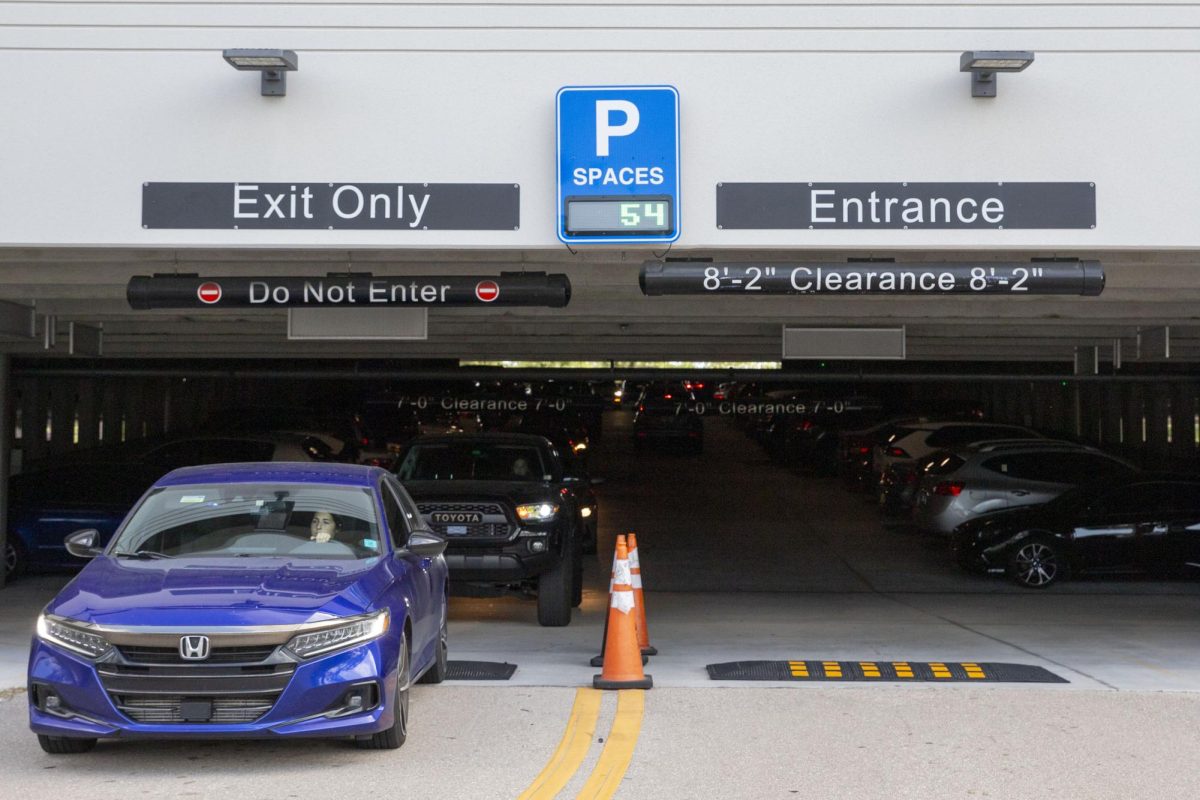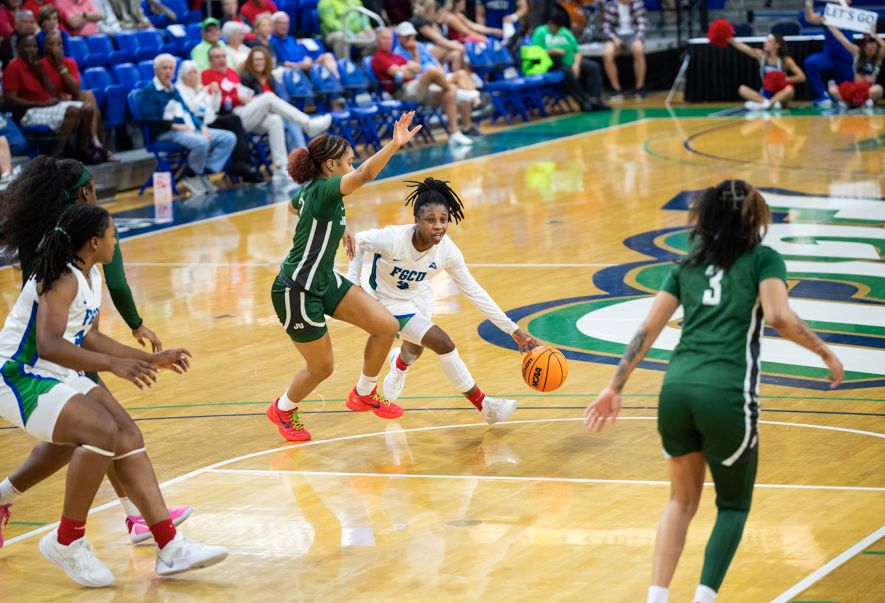
After rumors of no photographers being allowed at Florida Gulf Coast University’s annual NestFest featuring comedian Kevin Hart for fear of leaking new material, FGCU’s Programming Board announced a strict “no cell-phone” policy at the event.
Yup, no tweeting, texting, snapchatting, recording or photos.
Feels like high school all over again.
Ironically, this morning, Twitter launched an app (apparently earlier than originally intended) that allows users to live-stream from their phone to the whole world.
Combine a public Snapchat and live-tweeting an you’ve basically got the new app, Periscope.
Dictionary.com defines the world persicope as, “an optical instrument for viewing objects that are above the level of direct sight or in an otherwise obstructed field of vision.”
The app allows you to watch something happening in real-time that you otherwise wouldn’t be able to see.
It’s basically the same as Meerkat, another live-streaming app that I wasn’t even aware of until recently (you darn kids and your technology). The only difference is that it allows the viewer to “heart” a stream, allowing the video with more hearts to be higher on the “most loved” list, along with the power to re-watch old streams and follow other users. Streams disappear after 24 hours.
Although, so far the only interesting things I’ve seen is a guy trying to DJ and a pug sleeping, there’s so much more power in the app than I think we realize. Sure there are awesome opportunities for what some call “citizen journalism” that we’ve already seen done on Twitter, but plenty of opportunities for misuse.

There are the opportunities to tell a story beyond 140 characters: Where words fail, the app streams.
We’ve already seen a sort of “citizen journalism” culture start to arise through “live-tweeting” or live posting on sites like Twitter; Periscope just takes it a step further.
Sure, there’s nothing really news-worthy about a pug sleeping, but what we used this for events like how Meerkat was used during the Ferguson riots.
Whether citizen journalism is a legitimate thing is another argument for another time.
So what could go wrong? Plenty.
Imagine if ISIS or another organization got a hold of this — is there any sort of censorship?
And what about the live-entertainment industry, what many musical artists and other performers, like Kevin Hart, that rely on ticket sales? Why would anyone buy a ticket if they can watch it on an app for free?
What about movie theaters that already struggle to prevent piracy? Go-Globe Web Technologies estimates about $12.5 billion in losses and 71, 060 jobs are lost every year due to online piracy.
In a culture so heavily enthralled in our smart phones and more focused on sharing rather than experiencing, are “no cell phone” policies the future? Is piracy something companies can even control anymore?
Categories:
Are “no cell phone” policies the future of live entertainment?
March 26, 2015
Sorry, there are no polls available at the moment.
Story continues below advertisement
3
0
More to Discover

























Cesar Cordova • Apr 29, 2015 at 1:38 pm
meh
Cesar Cordova • Mar 29, 2015 at 2:37 am
meh
Cesar Cordova • Mar 26, 2015 at 9:59 pm
meh